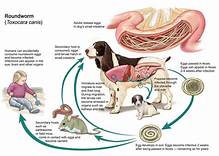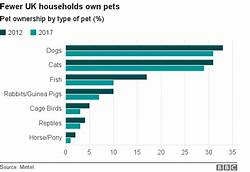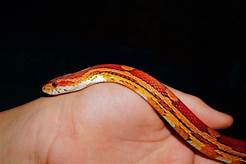Can People Get Worms from Pets?
Pets are a wonderful addition to any family, but they can also be a source of worms. Worms are intestinal parasites that can live in the digestive tract of animals and people. While not all worms are harmful, some can cause serious health problems. Here's what you need to know about worms and pets.

Tapeworms
Tapeworms are one of the most common types of worms found in pets. They are long, flat worms that can grow up to several feet in length. Tapeworms are typically transmitted to pets through fleas or rodents. When a pet swallows an infected flea or rodent, the tapeworm eggs hatch in the pet's digestive tract and develop into adult worms. Tapeworms can cause a variety of symptoms in pets, including diarrhea, vomiting, weight loss, and abdominal pain.
Roundworms
Roundworms are another common type of worm found in pets. They are small, white worms that can be up to 4 inches in length. Roundworms are transmitted to pets through contact with contaminated soil or water. When a pet swallows roundworm eggs, the eggs hatch in the pet's digestive tract and develop into adult worms. Roundworms can cause a variety of symptoms in pets, including diarrhea, vomiting, weight loss, and coughing.
Hookworms
Hookworms are small, hook-shaped worms that can be up to 1 inch in length. Hookworms are transmitted to pets through contact with contaminated soil or water. When a pet swallows hookworm eggs, the eggs hatch in the pet's digestive tract and develop into adult worms. Hookworms attach themselves to the lining of the pet's intestine and feed on blood. This can cause anemia, weight loss, and other health problems.
Preventing Worms in Pets
The best way to prevent worms in pets is to keep them up-to-date on their vaccinations and dewormings. Vaccinations can help to protect pets from contracting worms, and dewormings can help to kill worms that may be present in the pet's digestive tract. It is also important to keep pets away from fleas, rodents, and contaminated soil or water.
Symptoms of Worms in Pets
If you think your pet may have worms, there are a few things you can look for. Common symptoms of worms in pets include:
- Diarrhea
- Vomiting
- Weight loss
- Abdominal pain
- Coughing
- Lethargy
- Poor appetite
- Visible worms in the pet's stool or vomit
Treating Worms in Pets
If you think your pet has worms, it is important to take them to the veterinarian for treatment. The veterinarian will be able to diagnose the type of worm your pet has and prescribe the appropriate medication. Treatment for worms typically involves giving your pet a deworming medication. Deworming medications can be given orally or topically.
Can People Get Worms from Pets?
Yes, people can get worms from pets. This can happen if a person comes into contact with contaminated soil or water, or if they swallow an infected flea or rodent. Some types of worms, such as roundworms and hookworms, can cause serious health problems in people. If you think you may have gotten worms from your pet, it is important to see a doctor right away.
Declaration: All article resources on this website, unless otherwise specified or labeled, are collected from online resources. If the content on this website infringes on the legitimate rights and interests of the original author, you can contact this website to delete it.





